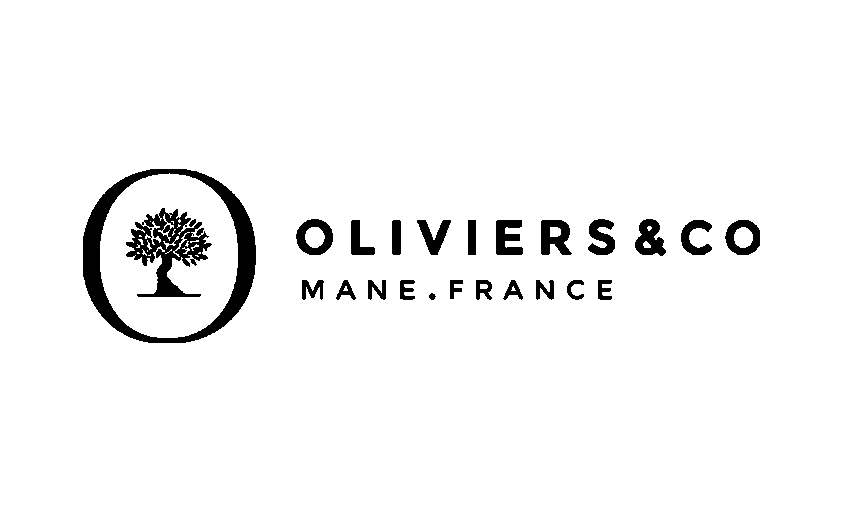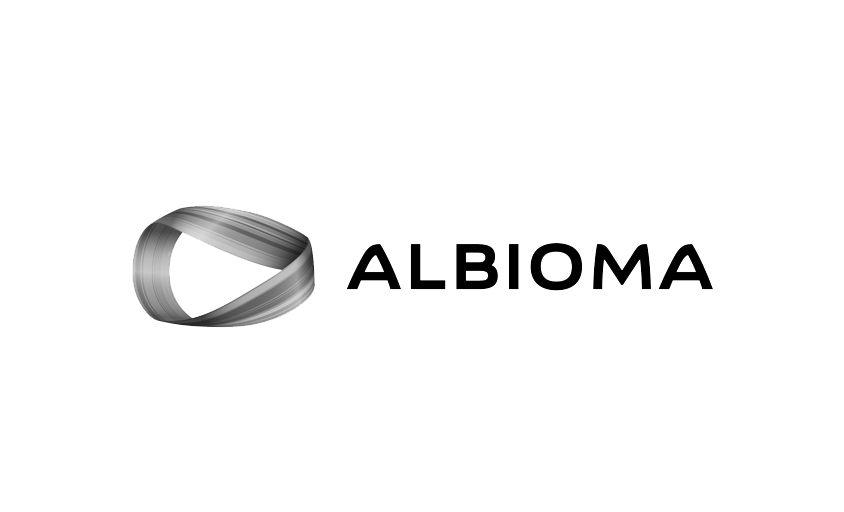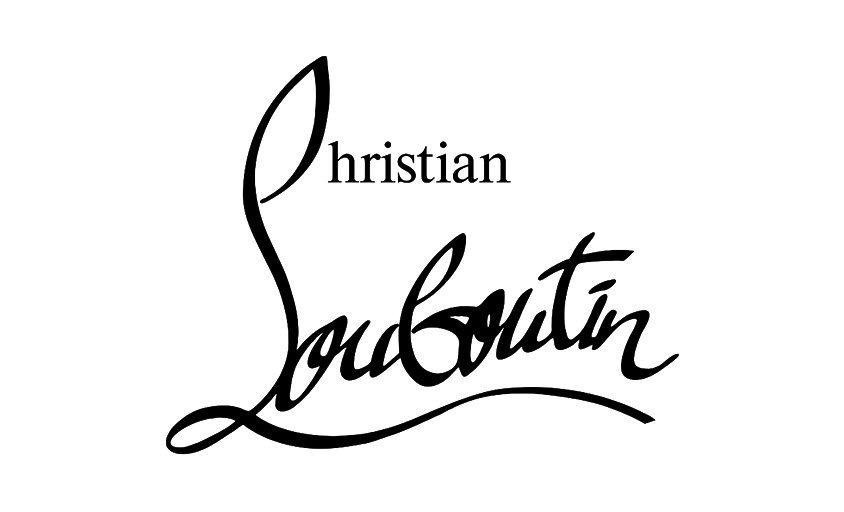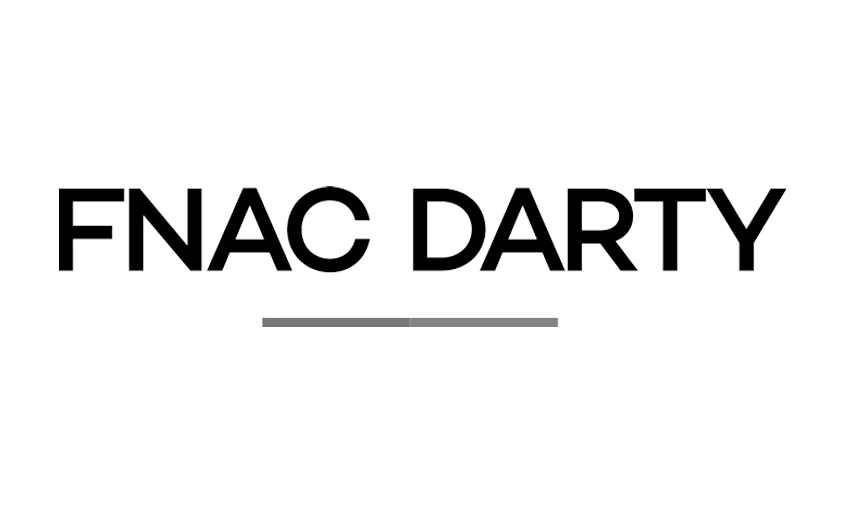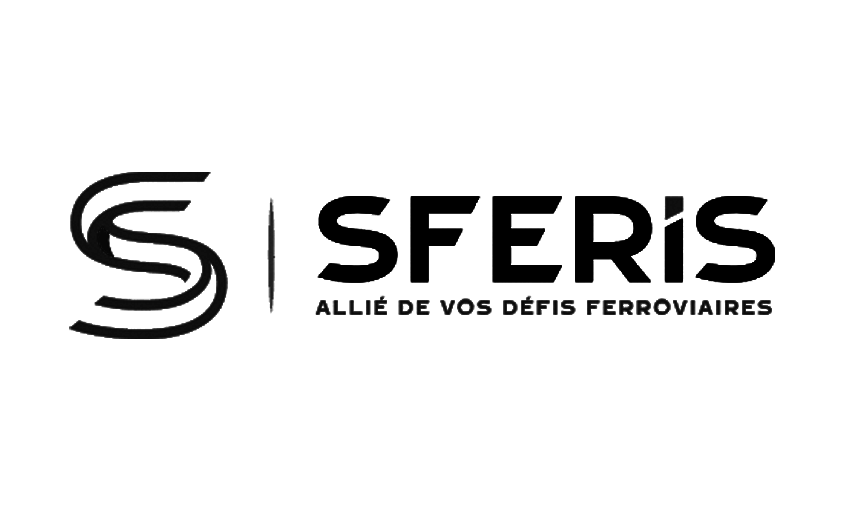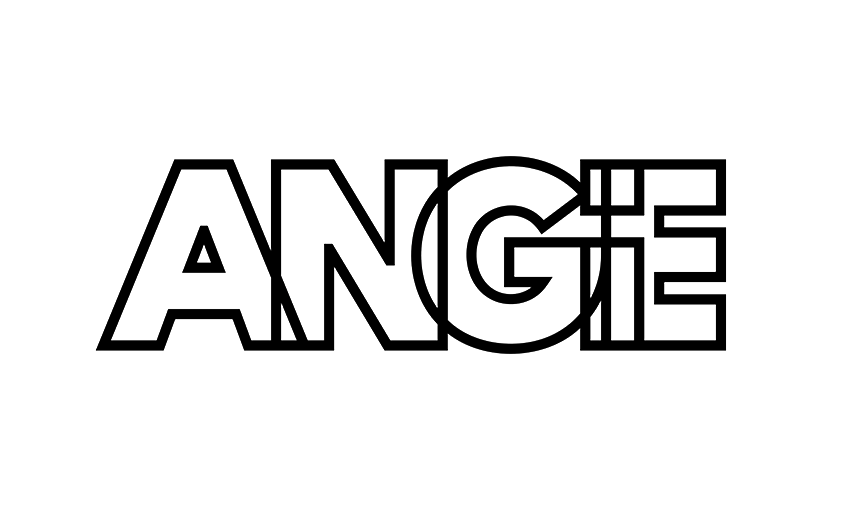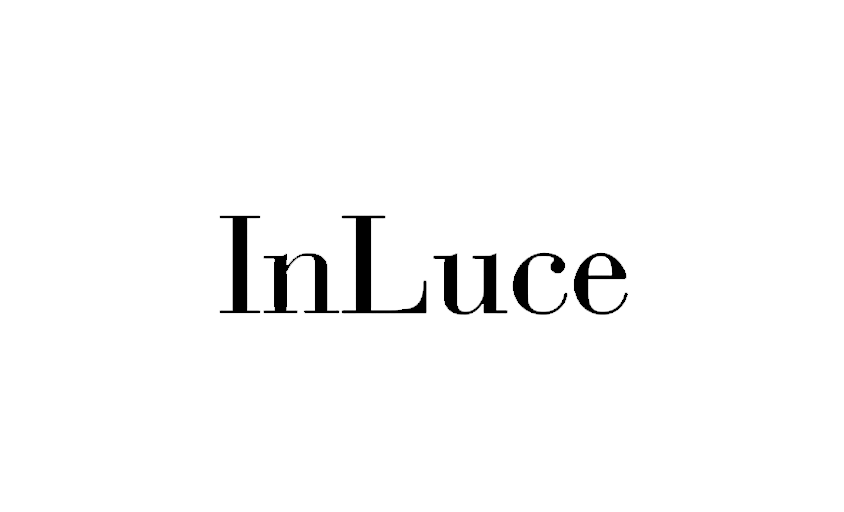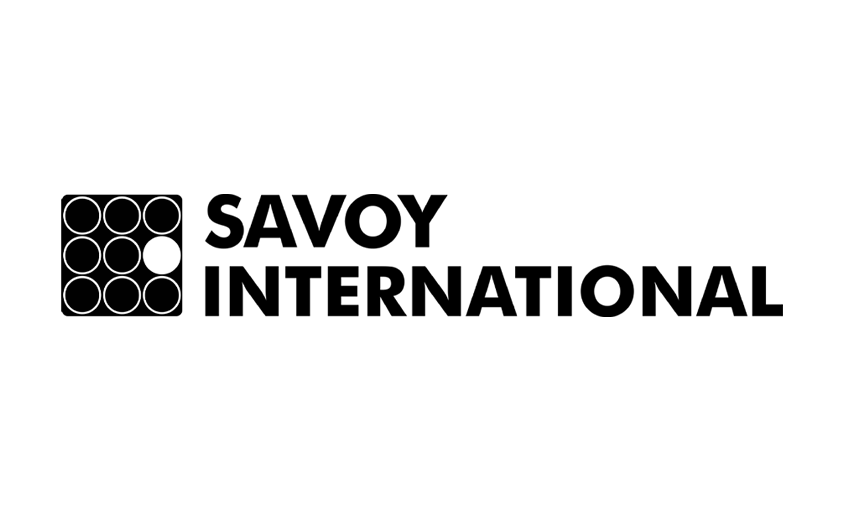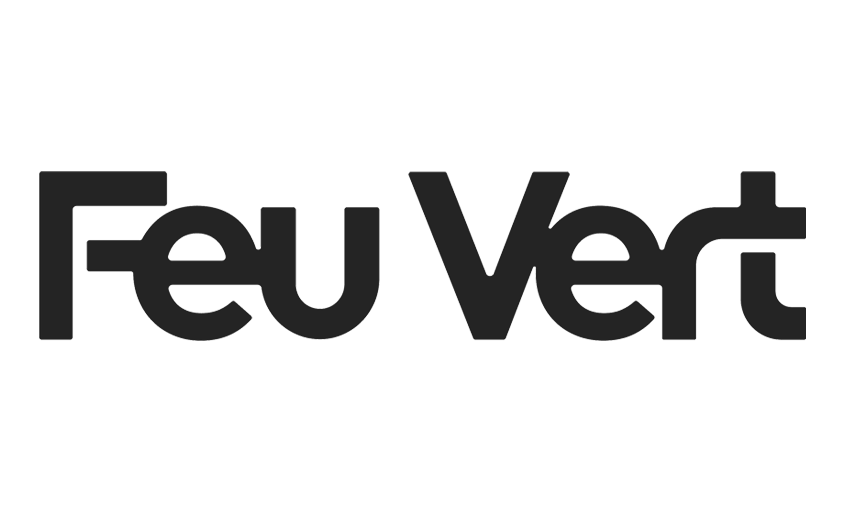Varnishing
In this article :
Varnishing is a finishing technique that involves applying a layer of lacquer to various surfaces such as paper, cardboard, wood, or metal, in order to give them a glossy appearance and added protection. This process, performed through the action of “lacquering,” not only enhances the aesthetic of the object by giving it a smooth, shiny finish but also increases its durability by shielding it from external elements such as moisture, stains, and everyday wear.
The Varnishing Process
- Surface Preparation: Before application, the surface to be varnished must be clean, dry, and smooth to ensure optimal adhesion.
- Lacquer Application: Lacquer can be applied by various methods, including brush, roller, or spray, depending on the surface and desired finish.
- Drying and Curing: After application, the lacquer requires drying time, which varies depending on the type of lacquer and ambient conditions. Some lacquers may also require UV curing.
Benefits of Varnishing
- Visual Enhancement: Varnishing enhances the visual appeal of products, giving them a high-end glossy finish.
- Protection: The lacquer layer acts as a protective shield against water, grease, and other contaminants.
- Durability: Lacquered items enjoy greater wear resistance, thereby extending their lifespan.
Applications of Varnishing
Varnishing is widely used across various industries:
- Paper Industry: For book covers, luxury packaging, business cards, etc., where varnishing provides a glossy finish and premium feel.
- Furniture and Cabinetry: Used to give wood pieces a shiny look and protect them.
- Automotive and Electronics: In these sectors, varnishing adds aesthetic value and a protective layer to parts and devices.
Conclusion
Varnishing is a valuable finishing technique that enhances appearance and strengthens resistance. Whether in printing, interior design, or industrial manufacturing, varnishing plays a crucial role in adding value and longevity to products. By transforming ordinary surfaces into glossy, protected pieces, varnishing continues to attract professionals and consumers seeking quality and visual appeal.
Jérémy Carlo is the editorial director at Rétines, where he ensures the consistency and clarity of all content produced by the studio.
Our Clients
Let’s discuss
What we do for you at Rétines
Meticulous work, an organised project and fast delivery. And to achieve this, we mobilise the right resources in our teams at the right time.
01
Pre-production
Artistic and technical direction tailored to the project.
Relevant recommendations on content, form and resources.
02
Photo Shooting
Photos taken by our experienced photographers.
Production that’s controlled, efficient and tailored to the needs of the project, with nothing superfluous.
03
Retouching
Technique
Photographs magnified by our retouching team.
Post-production to meet the commercial challenges of the brief.

